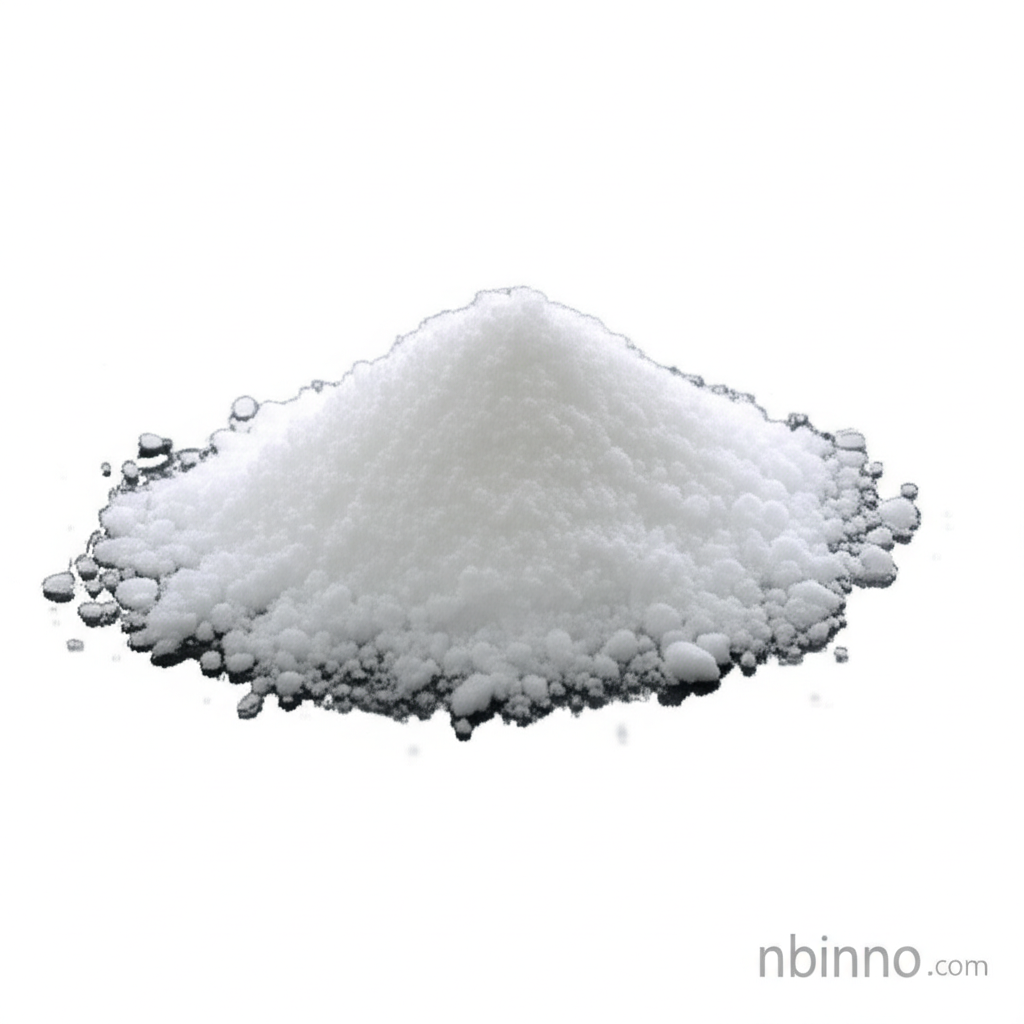Cerulenin CAS 17397-89-6: A Potent Fatty Acid Synthase Inhibitor for Research and Development
Explore the mechanism and applications of Cerulenin, a key biochemical for understanding fatty acid synthesis.
Get a Quote & SampleProduct Core Value

Cerulenin
Cerulenin is a powerful, irreversible inhibitor targeting fatty acid and polyketide biosynthesis. It specifically inhibits the beta-ketoacyl-ACP synthase enzyme, a critical component in fatty acid production, thereby disrupting cell membrane integrity and cellular functions. This makes it an invaluable tool for scientific research.
- Understanding the Cerulenin fatty acid synthase inhibitor mechanism is crucial for drug discovery.
- By purchasing Cerulenin for research, scientists can delve into FASN inhibition studies.
- The Cerulenin CAS 17397-89-6 provides a specific identifier for this potent biochemical agent.
- Cerulenin's role in apoptosis induction makes it a subject of interest in cancer therapy research.
Advantages Provided by the Product
Inhibits Key Biosynthetic Pathways
Cerulenin's ability to act as a fatty acid synthase inhibitor offers a direct route to study and manipulate lipid metabolism in various biological systems.
Promotes Cellular Research
As an apoptosis inducer, Cerulenin is a vital reagent for investigating programmed cell death pathways and their modulation in diseases like cancer.
Broad Applicability
Its function as an antibiotic and its role in metabolic studies highlight the broad applicability of Cerulenin for diverse scientific inquiries.
Key Applications
Cancer Therapy Research
Investigating Cerulenin's effects on KRAS-driven lung cancer cells, understanding its Cerulenin apoptosis induction capabilities is key.
Metabolic Pathway Studies
Utilizing Cerulenin for research allows for a deeper understanding of metabolic processes and the impact of lipid synthesis inhibition.
Biochemical Investigations
Cerulenin CAS 17397-89-6 serves as a critical tool for biochemical research, particularly in the study of enzymes like beta-ketoacyl-ACP synthase.
Drug Development
The study of Cerulenin's chemical synthesis and its inhibitory action provides valuable insights for developing new therapeutic agents.
